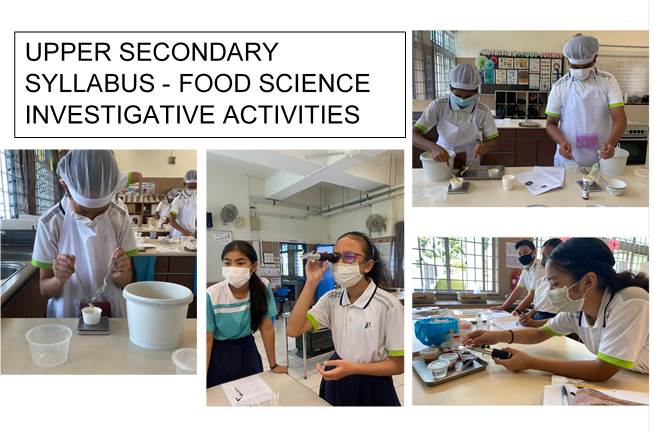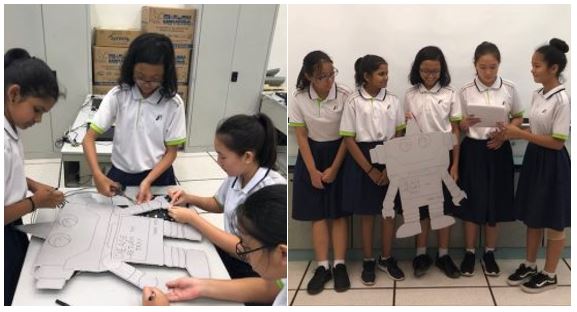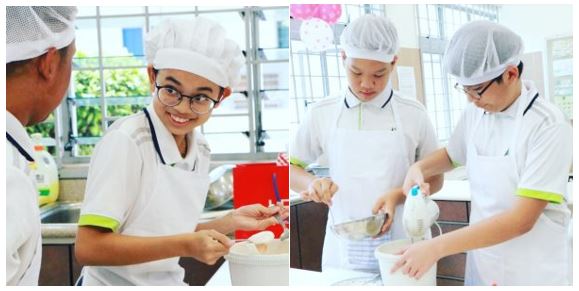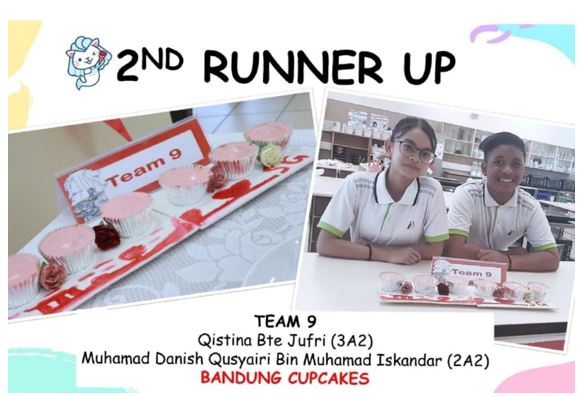Nutrition and Food Science
FOOD AND CONSUMER EDUCATION (LOWER SECONDARY)
The lower secondary Home Economics syllabus was revised and renamed Food and Consumer Education (FCE), and implemented in 2014. Aimed at empowering our students to be health-conscious and discerning consumers, FCE in the 21st century is designed with the current and future social and economic landscape of Singapore in mind. It takes into consideration new lifestyles and consumer trends, and therefore, the knowledge, skills and attitudes of young learners related to health and financial management. The focus of the FCE curriculum in Meridian Secondary School is to equip students with basic culinary skills, knowledge of nutrients and recipe modification for various diet-related diseases.
NUTRITION AND FOOD SCIENCE (UPPER SECONDARY)
Nutrition and Food Science (NFS) is offered as an elective ‘O’ and ‘N’ Level subject for our upper secondary students.
The NFS syllabus provide students with a broad understanding of concepts in nutrition and health, food literacy and principles of food science. Students will be exposed to authentic real world contexts through hands-on practical and coursework. Through these learning experiences, the syllabus aims to develop students to:
- lead a healthier lifestyle proactively through proper diet and nutrition;
- advocate sustainable food consumption by planning and making appropriate food choices; and
- apply principles of culinary science creatively in food preparation and cooking.
The assessment objectives are classified into three main areas:

The examination will assess:
AOA - Knowledge with understanding
Candidates should be able to demonstrate knowledge and understanding of facts, concepts, and terminology in relation to:
- nutrition and health
- food literacy
- food science
AOB - Handling information and solving problems
Candidates should be able to:
- locate, select, interpret information
- analyse information
- present reasoned explanations
- solve problems.
AOC - Application of skills, knowledge and understanding in a variety of contexts
Candidates should be able to extend the learnt knowledge towards planning a food investigation, preparing, cooking and presenting dishes in a variety of contexts involving the following processes:
- gather information on roles/functions of the ingredients
- gather information on meal planning guidelines for a target group of people
- justify the appropriateness of the selected dishes with reference from the prior research
- present recipes of the final three dishes with justifications
- analyse and use the research findings to plan a food investigation
- observe and record sensory evaluations
- present clear photographic evidence
- observe and measure results accurately
- record results using graphs, tables, charts, sensory analysis, labelled diagrams
- analyse results linked to research findings and food science principles
- demonstrate good organisational and time management skills in planning for investigation and/or task
- apply food preparation techniques and use different cooking methods in preparing dishes/meals for different situations
- demonstrate proficient use of equipment and good management of resources in food preparation
- demonstrate the ability to evaluate the sensory outcome of the dishes

Highlights
Design Thinking-infused coursework in FCE

National Day Meridian Bake-Off Competition (Internal competition)

Assumption Pathway Baking Competition (Nation-wide competition)



